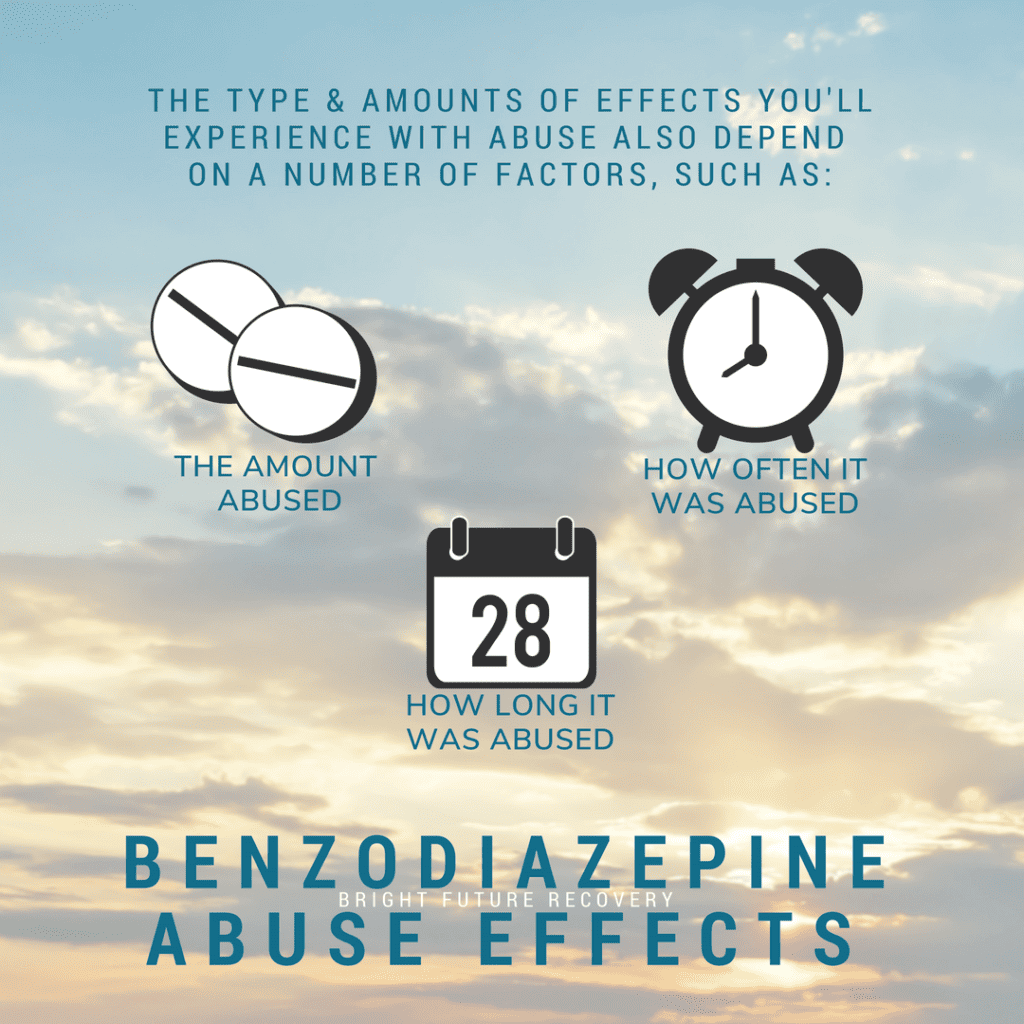More than 15 benzodiazepine medications treat various health conditions. Long-term use of these medications can lead to dependency, but it can be dangerous to quit using benzo pills and go through the withdrawal process alone. A medical detox program is the best option when trying to quit using benzodiazepines.
What Are Benzo Pills?
Benzodiazepine pills are a kind of psychoactive drug that helps to treat health conditions such as insomnia, generalized anxiety disorder (GAD), or alcohol withdrawal symptoms. They contain properties that can help relax the muscles and aid in better sleep. These medications are commonly prescribed, often to older patients.
This substance works by sending tranquilizing effects to brain cells, slowing down brain activity and relaxing the body. Benzodiazepines should only be used for severe insomnia for a short period. Since it acts quickly against anxiety symptoms, it is effective for GAD and panic attacks; however, it should not be used for periods longer than one month. Benzo pills also contain anticonvulsants, which can help prevent epileptic seizures. They can help reduce alcohol withdrawal symptoms.
Short-term use of benzodiazepines is generally effective and safe. Long-term use, though, is dangerous because of the possibility of dependence. Fatalities can result from overdose or when benzodiazepines are mixed with other substances.
What Are Benzodiazepines Derived From?
Benzodiazepines come from a mycotoxin called asperlicin. This substance was an accidental discovery and was almost thrown out by scientists. Further investigation found the substance had tranquilizing properties, and it was welcomed at first because it seemed to create less dependency and appeared less toxic compared with other drugs. Over time, though, doctors realized that there was a risk of dependency and now there is more caution when prescribing this medication.
[colorsection bgcolor=”grey”]
Use Of Benzodiazepines: What Are Benzos Used To Treat?
Benzo pills are used to treat several conditions, including GAD and social anxiety panic attacks; insomnia; alcohol withdrawal symptoms catatonia; acute agitation; tremors; sedation before surgery; and seizures.
Benzodiazepines have properties considered hypnotic, anticonvulsant, and muscle relaxing so they can treat these conditions by relaxing the muscles and slowing down brain activity.
There are different benzodiazepine medications that are either short-acting, intermediate-acting, or long-acting. This is determined by how quickly they work and then leave the body’s system. Here is a full list of benzodiazepines:
[one_fourth]
- Alprazolam
- Bentazepam
- Bromazepam
- Brotizolam
- Camazepam
- Chlordiazepoxide
- Clobazam
[/one_fourth][one_fourth]
- Clonazepam
- Clonazolam
- Clorazepate
- Clotiazepam
- Diazepam
- Flumazenil
- Flunitrazepam
[/one_fourth][one_fourth]
- Flurazepam
- Halazepam
- Loprazolam
- Lorazepam
- Medazepam
- Mexazolam
- Midazolam
[/one_fourth][one_fourth_last]
- Oxazepam
- Prazepam
- Quazepam
- Temazepam
- Triazolam
- Zaleplon*
- Zolpidem*
[/one_fourth_last]
Triazolam, midazolam, and clorazepate are short-acting medications. Triazolam is used for insomnia because of its hypnotic properties. Midazolam is a sedative that can be used before surgeries. Clorazepate is used for anxiety, insomnia, and seizures because of its anti-anxiety abilities.
Alprazolam, lorazepam, temazepam, and oxazepam are intermediate-acting medications. Alprazolam, oxazepam and lorazepam are used to treat anxiety, anxiety combined with depression, and insomnia.
Diazepam, chlordiazepoxide, flurazepam, quazepam, and clonazepam are long-acting medications. Diazepam and chlordiazepoxide both have anti-anxiety qualities that can treat alcohol withdrawal and anxiety. Flurazepam and quazepam have sedative-hypnotic properties that help with insomnia. Lastly, clonazepam treats panic attacks, anxiety, and epileptic seizure because of its anticonvulsant properties.
*Z-drugs are included in this list, as they are often prescribed in-place of benzodiazepines, have similar effects to benzodiazepines, and can also be addictive and carry negative health effects. Z-drugs like Zolpidem are NOT in the benzodiazepine class of drugs, though.
[/colorsection]
[clearfixspace]
Benzodiazepine Addiction
When benzodiazepines were first introduced, they were thought to be safe and non-addictive. But, over time, it turned out that they do have addictive qualities when taken as a long-term medication in certain doses.
 Benzodiazepines continue to be popular even though they aren’t largely marketed. Almost one out of 10 people use benzo pills. They should only be used as short-term solutions because it’s difficult to tell who might become addicted. There are many people taking the medication long-term in high dosages for the wrong reasons.
Benzodiazepines continue to be popular even though they aren’t largely marketed. Almost one out of 10 people use benzo pills. They should only be used as short-term solutions because it’s difficult to tell who might become addicted. There are many people taking the medication long-term in high dosages for the wrong reasons.
Benzo pills can reduce anxiety and worries, as well as calm people down, but there are three prevalent dangers of using benzodiazepines: the possibility of overdosing; how it affects the brain over time; and the painful and terrifying withdrawal symptoms.
The overdose rate has grown rapidly over the years; in almost two decades, the death rate from benzo overdoses has risen 500 percent. Many of these overdoses are caused by combining benzodiazepines with opioids or alcohol.
Many elderly receive this prescription for certain health conditions, but the majority of elderly patients end up with memory loss, slurred speech, and poor balance after taken them for even a short time. These symptoms can older people to fall, which can lead to serious injury or even death.
It may take a long time for an individual addicted to benzodiazepines to quit using them, even when they are dedicated to full recovery. It is vital to have medical supervision while weaning off this drug because the withdrawal symptoms are strong and can be dangerous. In fact, the anxiety and panic the benzo pills were intended to treat in the first place can return much stronger because of withdrawal. Some symptoms of benzodiazepine withdrawal are anxiety, panic, irritability, tremors, confusion, sweating, and insomnia. Extreme withdrawal symptoms may include psychosis, seizures, delirium, and possible death.
Common Benzodiazepine Side Effects
Some benzodiazepines are more common than others, and many of them come with side effects. Alprazolam, commonly known as Xanax, is an anti-anxiety medication that can cause drowsiness, tiredness, and dizziness. On the other hand, it can also cause insomnia. Xanax can cause memory and balance issues; slurred speech; difficulty concentrating; diarrhea; upset stomach and constipation; sweating; headaches; nausea; vomiting; weak muscles; and dry mouth.
Clonazepam, or Klonopin, treats anxiety and seizure disorders. It also causes similar side effects to other benzodiazepines and more, such as sore gums, runny nose, and blurred vision. Diazepam, or Valium, is used to treat anxiety, seizure, alcohol withdrawal symptoms, and muscle spasms. Again, it comes with similar side effects and others such as a spinning sensation, drooling, itchiness, and rash.
 Lorazepam, or Ativan, manages anxiety, alcohol withdrawal symptoms, insomnia, and panic attacks. Some side effects are amnesia, changes in appetite, and rash. These medications all should be avoided during pregnancy and breastfeeding. If Klonopin or Valium is discontinued suddenly, it can cause even more side effects from withdrawal, such as seizures, tremors, lightheadedness, and anxiety.
Lorazepam, or Ativan, manages anxiety, alcohol withdrawal symptoms, insomnia, and panic attacks. Some side effects are amnesia, changes in appetite, and rash. These medications all should be avoided during pregnancy and breastfeeding. If Klonopin or Valium is discontinued suddenly, it can cause even more side effects from withdrawal, such as seizures, tremors, lightheadedness, and anxiety.
Benzodiazepine Withdrawal Symptoms And Dangers
Benzodiazepine withdrawal is a bit more frightening than quitting other substances because of the severity of the symptoms. Most of the withdrawal symptoms are mental, which are difficult to control, and the severity of the symptoms will change week after week instead of peaking and then decreasing. Seizures are other life-threatening symptoms, which can happen when reducing the dosage too quickly. To increase the likelihood of recovery, those addicted to benzodiazepines should seek professional help and have the dosage gradually and slowly reduced over time.
Benzodiazepines become dangerous after months of use, which would be considered long-term. By then, the body has developed a tolerance and dependence on the drug.
Benzodiazepine Withdrawal Timeline
There are two phases of benzodiazepine withdrawal: acute benzodiazepine withdrawal and protracted benzodiazepine withdrawal.
Acute withdrawal begins a week after detoxing from a benzodiazepine medication. This phase can last anywhere from two weeks to several months. After acute withdrawal, less than 15 percent of people experience protracted withdrawal. These individuals may experience withdrawal for months or years after detoxing from a benzodiazepine medication. A medical professional can help with these prolonged symptoms.
Why You Need Help During The Benzodiazepine Detox Process
To recover successfully from a benzodiazepine detox, patients should be on a benzodiazepine addiction treatment plan in a facility where there is constant monitoring and supervision. A professional will be able to reduce the dosage slowly so the withdrawal symptoms aren’t too uncomfortable. Since withdrawal symptoms from benzodiazepines can be unpredictable, it’s important to have people who will help control the situation if the symptoms become life-threatening and dangerous.
Benzodiazepine Detox Medications
There are a few options to help with a benzodiazepine detox. Buspirone is non-addictive and helps treat anxiety. It may take a few weeks to begin working, so some people may not want to use it, but it can be helpful after the initial stages of detox. Flumazenil is usually used in overdose situations, but it can also be used in the detox process. It can trick the body into thinking it is still receiving benzodiazepines when it’s not. Acamprosate can help treat withdrawal symptoms that are similar to alcohol withdrawal symptoms, such as restlessness, the jitters, and anxiety.
[clearfixspace]
[colorsection bgcolor=”grey”]
How Bright Future Recovery Can Help
Bright Future Recovery can help with the benzodiazepine detox process. We offer benzodiazepine addiction treatment that can help with the recovery journey. Our plan will begin with the detox, but we also provide many services to help with treatment such as counseling, relapse prevention, and specific therapies suit your needs. If you or a loved one is suffering from a benzodiazepine addiction and needs help, contact us for safe addiction recovery from benzos and other addictive substances.
Find Out More About Our Detox Services
[/colorsection]







